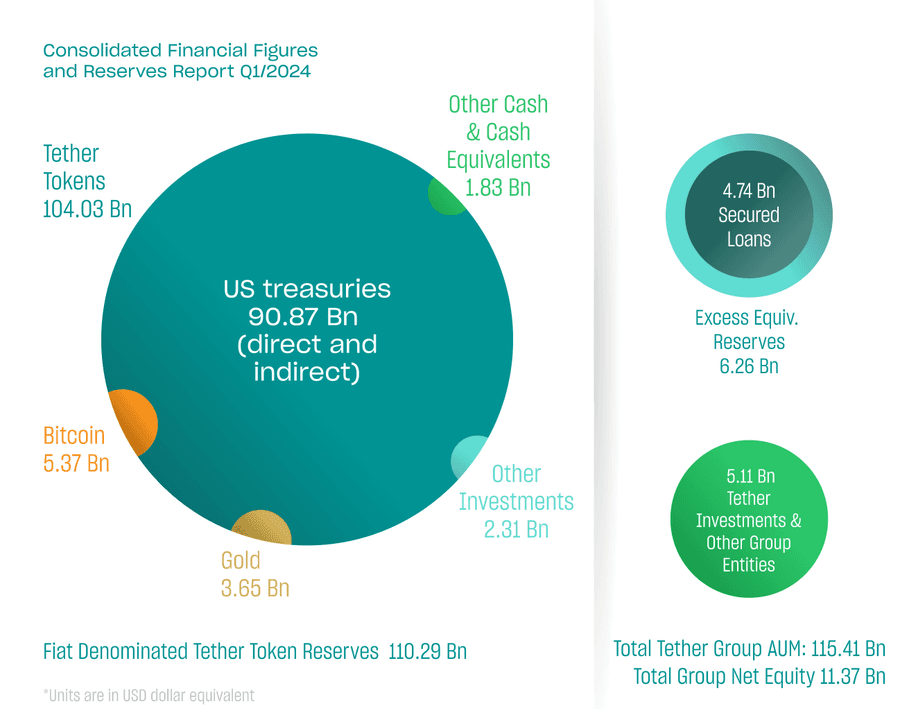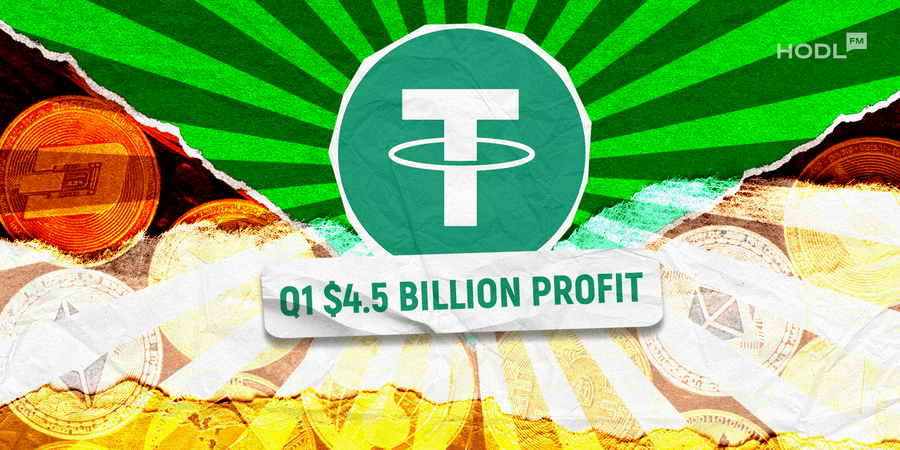An analytical blockchain firm is gearing up to play detective, sniffing out both the naughty and the downright illegal in the crypto world. Tether, the ever-so-stable coin, is about to get its personal sleuth thanks to a nifty solution by Chainalysis. These new tools will help Tether get a grip on the market and spot wallets that might be cozying up to shady or sanctioned addresses.
Related: Top 5 Best USDT Trading Platforms – With Pros & Cons
So, what’s in this digital detective kit? Well, Tether listed four of them in an announcement on their website. The Sanctions Monitor will serve up a list of addresses and transactions involving folks who’ve fallen afoul of the law. The Illegal Transfer Detector will be the virtual nose twitching at transactions potentially linked to activities like terrorism financing.
The categorizer will sort Tether holders by type, be it an exchange or a darknet market. And last but not least, the bigwig wallet analysis will zoom in on those “significant” USDT holders and their shenanigans. Tether’s big cheese, Paolo Ardoino, chimed in:
Our collab with Chainalysis marks a pivotal step in our ongoing quest to keep things transparency and safe in the crypto realm. […] This partnership strengthens our proactive stance in shielding our ecosystem from shady business.
Legal Challenges
Tether cooperated with authorities from 43 jurisdictions “in the fight against naughty business,” as the announcement puts it. Still, the company has come under fire for its alleged role in nefarious activities and terrorism financing.
Tether even butted heads with U.S. Senator Cynthia Lummis, a crypto cheerleader, who fired off a letter to Attorney General Merrick Garland demanding an investigation into Tether and Binance’s involvement in Hamas attacks on Israel in October. Both Lummis and French Hill’s representative claimed Tether “knowingly facilitated violations of existing sanctions laws.”
The UN Office on Drugs and Crime report on organized crime in East and Southeast Asia, published in January, sharply criticized cryptocurrencies’ role in funding crime in the region, with USDT being singled out. In response, Tether refused the organization’s ability to trace USDT.
Tether’s Profit Surge
Tether has also faced criticism for its lack of financial transparency. The market cap of USDT stands at $109.8 billion, far surpassing its closest rival USD Coin, whose market cap is $33.9 billion.
In the initial quarter of 2024, Tether Holdings, the entity responsible for managing the leading stablecoin Tether USDT, disclosed an unprecedented net profit of $4.52 billion. The bulk of the profit, $3.52 billion, came from the firm’s financial gains from Bitcoins and gold, with an additional $1 billion attributed to operating profit.
In its report released on Tuesday, Tether Holdings Limited confirmed that its profit for the first quarter of 2024 amounted to an impressive $4.52 billion. Approximately $1 billion was earned from operating profit generated from U.S. Treasury assets, while the remaining $3.52 billion constituted the firm’s intermarket profit from positions in bitcoins and gold.
Related: Advantages of Cryptocurrency in 2024
The report also mentions an increase in excess reserves by $1 billion, which are held as a buffer to support the company’s stablecoin offerings. Tether’s excess reserves totaled just under $6.3 billion.

Tether also remains the seventh-largest holder of Bitcoins globally. According to data from the network analytics platform Arkham Intelligence, the Tether bitcoin wallet “bc1q” currently holds 75,354 BTC worth over $4.38 billion.
Despite bitcoin dropping below the $60,000 mark, Tether has an unrealized profit of over 91%, totaling more than $2 billion, according to CoinStats portfolio tracking data.
Disclaimer: All materials on this site are for informational purposes only. None of the material should be interpreted as investment advice. Please note that despite the nature of much of the material created and hosted on this website, HODL FM is not a financial reference resource and the opinions of authors and other contributors are their own and should not be taken as financial advice. If you require advice of this sort, HODL FM strongly recommends contacting a qualified industry professional.




